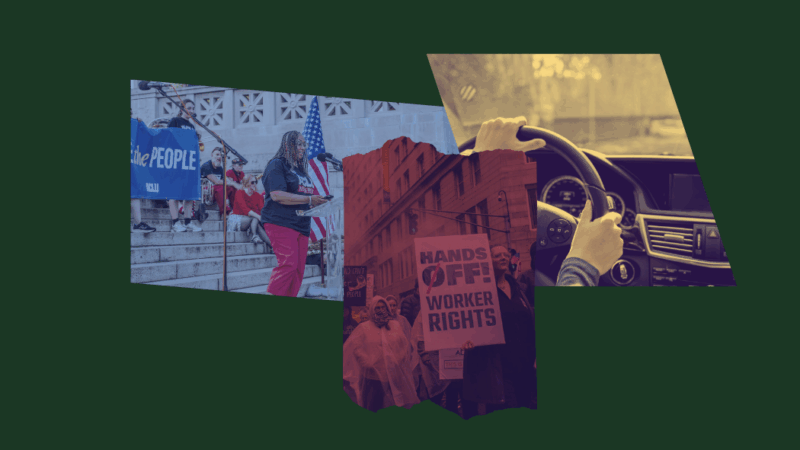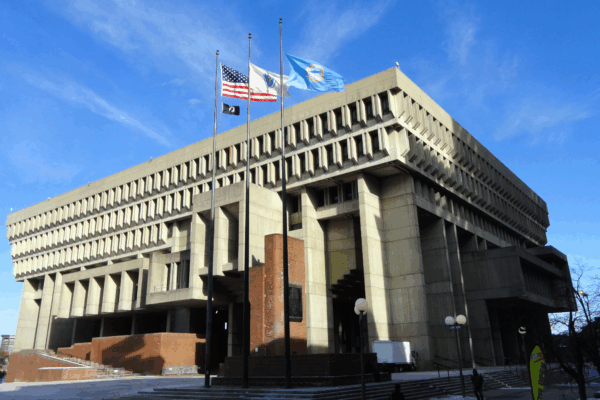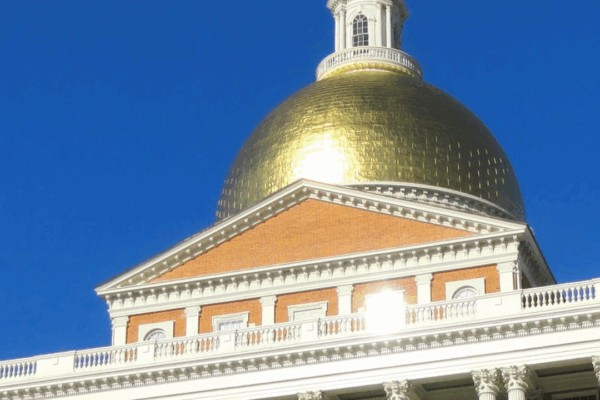Economic Justice
The ACLU of Massachusetts works to ensure that all people have their basic rights protected regardless of their wealth or income.

The ACLU of Massachusetts fights to protect some of society’s most economically vulnerable residents, including people experiencing homelessness and low-paid workers seeking equitable working conditions and living wages.
We successfully overturned panhandling bans in Worcester and Lowell, and defended the rights of a homeless man charged with trespassing in a building hallway after being unable to access emergency shelter on a cold winter night. In 2018, we filed a lawsuit challenging the state’s failure to follow laws requiring Massachusetts to promptly place eligible homeless families in shelters and use hotels when needed to accommodate homeless families with disability-related concerns.
The ACLU of Massachusetts also challenged the criminalization of poverty and won a case requiring judges to evaluate a defendant’s financial circumstances before determining how much they must pay in restitution.
In the legislature, we work to defend the civil rights and liberties of low-income families, pushing back on harmful policies like the cruel Massachusetts “cap on kids” that penalized poor children and their families simply because a child was conceived while the family was receiving government assistance.
We also fight for economic equality so that no one has to choose between a healthy family and keeping their job. In 2017, the ACLU-backed Pregnant Workers Fairness Act was signed into law, ensuring protections for pregnant women in the workplace. With the passage of paid family and medical leave, Massachusetts became a national leader in supporting working families and took a critical step towards economic equality for women and security for all hardworking Bay Staters.
The Latest

ACLU of Massachusetts Statement on Counsel Crisis Following Oral Arguments at Supreme Judicial Court

ACLU of Massachusetts responds to Supreme Court decision in Grants Pass v. Johnson

Statement of the ACLU of Massachusetts on new “Mass. and Cass” ordinance

Statement of the ACLU of Massachusetts on 2024 state budget compromise
Cases, Campaigns & Legislation
Geddes v. City of Boston
Garcia et al v. Dept. of Housing and Community Development
Stay Informed
Sign up to be the first to hear about how to take action.
By completing this form, I agree to receive occasional emails per the terms of the ACLU’s privacy statement.
By completing this form, I agree to receive occasional emails per the terms of the ACLU’s privacy statement.
